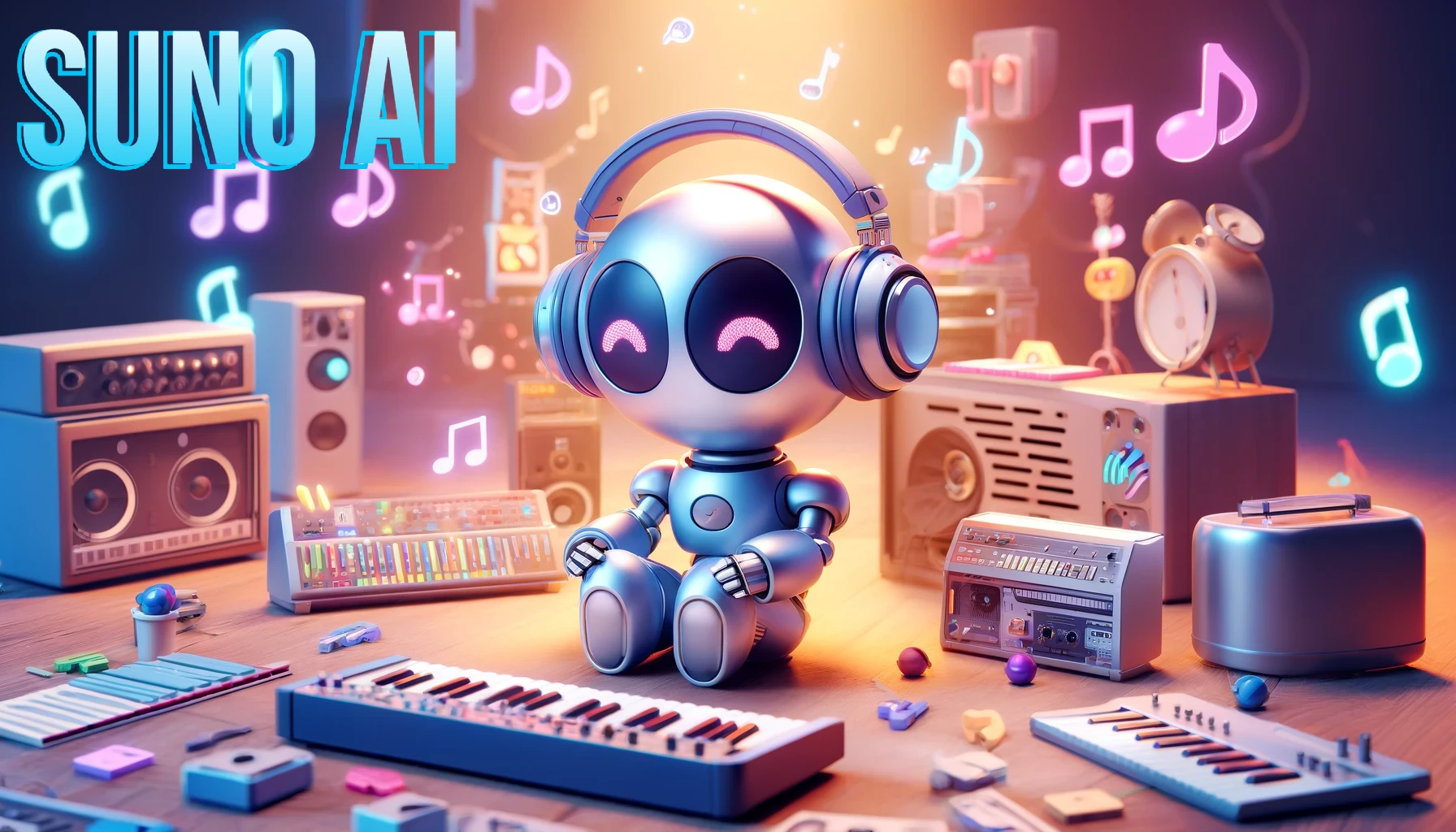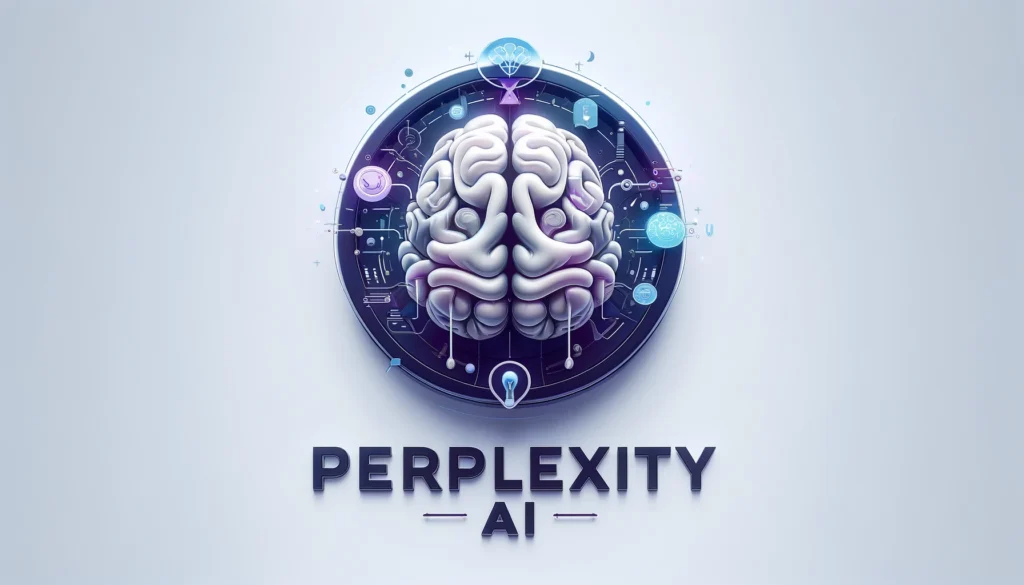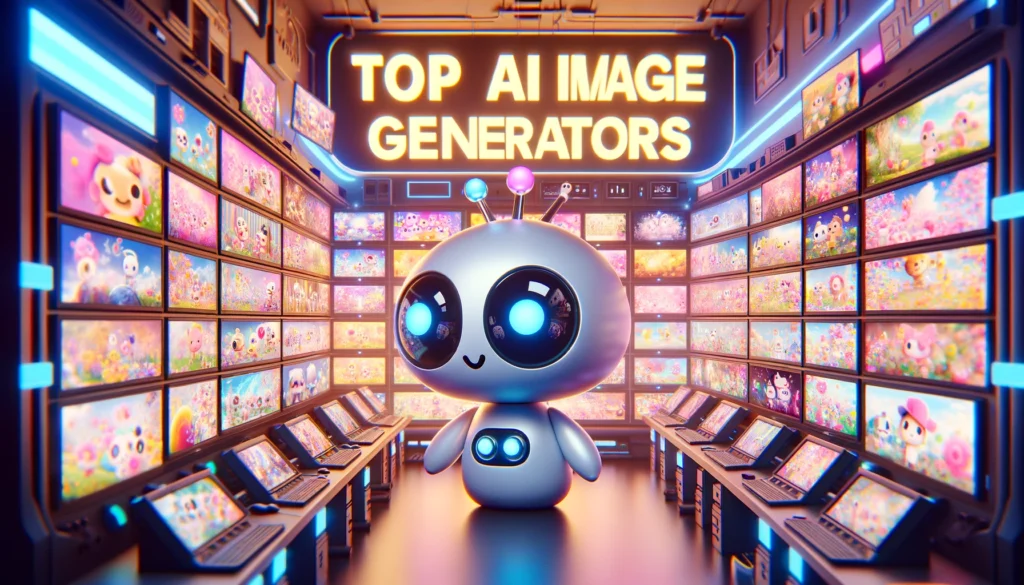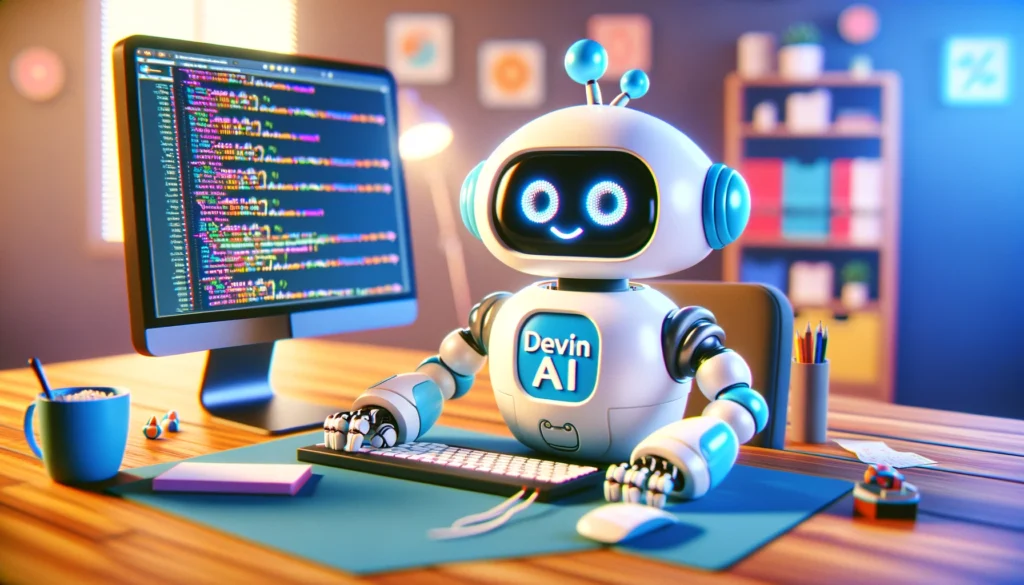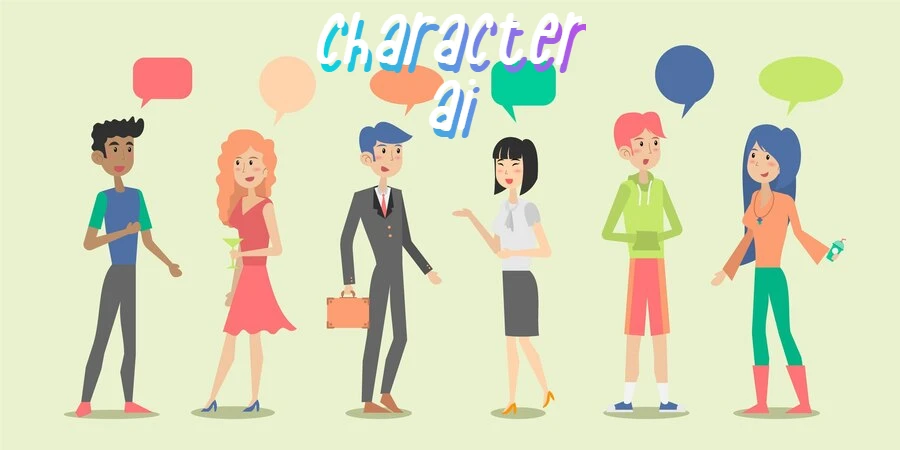In the growing cosmos of AI, Suno AI stands out as an innovative tool, offering a novel way to create music. The appearance of many text-to-music generators from leading tech giants including Meta and Google makes it clear that Suno AI is not only an alternative but the new trend of accessibility and creativity in the music industry.
In this blog, we are going to uncover what is Suno AI and how you can utilize this tool to generate captivating music.
What is Suno AI?
Suno is an AI music generator that can produce entire songs from a simple text prompt. As a result, users are not only able to generate the lyrics, but also beats, vocal tracks, song titles, and some artwork.
Among a myriad of text-to-music generators, some of them by giants such as Meta and Google, Suno AI shines out as an innovative celebrity that has the power to create not just tunes and beats but also unique lyrics and voices. This distinct feature, powered by the innovative integration of ChatGPT’s capabilities, propels Suno AI into the spotlight, redefining what is possible in the creation of music through AI.
Note that Suno AI’s brilliant functions are accessible to everybody via a standalone website or Microsoft Copilot, which is a free third-party plug-in. Suno’s mission is clear: to make music production democratic and to get rid of the obstacles that hinder individuals from achieving their musical dreams, whether they are top artists or just beginner singers.
By providing a platform where everyone can create a song no matter what their background or musical skills are, Suno AI is more than just a tool but a friend in the process of creation.
The Magic of Suno
Now, let us explore the magic of Suno AI.
We prompted Suno AI to make “An ambient feeling, EDM song about the transient nature of life, the tempo and beats should increase at the end”. It did not take long and we had a finished song composed by Suno AI—a song with vocals, instrumentation, lyrics, a title, and even an artwork.
Here are the generated lyrics and track:
Pricing
Free Version: Suno AI can be accessed without any cost through the free version that gives up to 50 credits for a day (enough to generate almost ten songs). However, you cannot use them for commercial purposes with a free account.
Pro Plan: At $8 per month, this plan gives you 2500 credits per month (500 songs), as well as the rights to commercial use on platforms like YouTube as well as music streaming services such as Spotify and Apple Music.
Premier Plan: Customers can produce 2000 songs per month (10,000 credits) for $24 while also getting commercial use rights and priority generation. This plan is tailored to those who want to have the most creative space and productivity at their fingertips.
Whether you choose paid a plan or not, everyone can take Suno’s arsenal of tools for a ride, including a ‘custom’ mode for those who like to write their own lyrics or an ‘instrumental’ mode which is a perfect tool for background music creation or melody discovery.
AI Suno is proof of the fact that AI has the ability to even out the playing field. Combining its simple interface and creative features, this device becomes an integral part of any musician who wants to express his musical imagination without any boundaries.
How to get started with Suno AI?
Having Suno AI at your disposal means you no longer have to be a highly trained musician or possess a good musical background to compose music. Its key feature is that it can develop your songs based on your own unique ideas into cool and catchy tracks.
The process to start with Start AI is straightforward and user-friendly.
You just need to visit the Suno website, create an account for free, press on ‘Make a Song’ and then the ‘Create’ button.
The prompt window opens where users give a brief overview of the track. In the non-custom mode, you just have to provide a text prompt embodying all aspects and themes you want in your song.
In the custom mode, you have to integrate the type of music or genre, the lyrics of the song, and the title yourself.
It needs to be clarified that Suno AI works within the boundaries of authenticity and creativity, not imitating existing artists’ styles too much since such a practice would infringe on copyright.
After capturing all the details, Suno AI’s sophisticated system starts to function. AI carefully does the job starting with the lyrics, rhythm and finally producing an outcome as per the user’s inspiration. Suno AI’s mission is to make the spark of musical ideas into a solid piece of work that truly represents the makers’ creative expression.
Moreover, Suno AI not only generates unique music clips on the spot but also provides sample prompts to spark your imagination. For example, you can find examples like “a psychedelic electropop song about the eagerness to meet a special person” or “a romantic grunge song dedicated to the persistent loyalty between partners.”
Extending the song
The first clips generated are quite short. Suno AI offers a simple tool to produce longer and more comprehensive pieces. Just click the three dots that are at the right side of the song clip and select “Continue from the song.” You can make your music more personalized by adding your personal lyrics and choosing the music style. On the other hand, you can select random lyrics and music styles for the element of surprise.
When we prompted Suno AI to continue the above “Transient Echoes” song using a random style, it successfully extended our initial piece into a more complex composition, demonstrating the platform’s versatility and creativity.
Here’s what it created:
Who owns the music on Suno?
With all being said, the copyright issues surrounding AI music generators have become the latest topic of discussion, especially in the music industry where there are concerns about the ease of using artists’ voices without permission. So, how does Suno handle this? The company has issued a statement about not making music similar to any real artists’ voices.
But here is the exciting part for users. If you are a subscriber and pay for Suno’s services, you will own the music you create, as well as the accompanying artwork. It means that, yes, you can, without a hitch, commercialize your beats, and share them on platforms such as YouTube, or Spotify.
But thinking of going commercial? Not an option for free users. However, what about your lyrics? If you are writing from your heart, the words will always be yours, no matter what your subscription status is!
As the role of AI in music continues growing, the debate about its legality and what should be considered fair play for awards such as the Grammys becomes more and more heated. It is an amazing epoch for music and technology, isn’t it?
